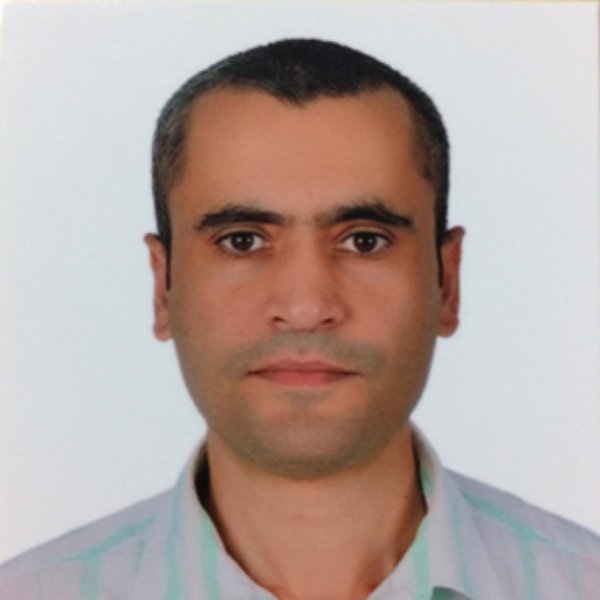Türkiye
Researcher (scientific/technical/engineering)

Date of the expedition
From 01/11/2024 to 30/04/2025
Selected Track
Open Ideas
Project title
Smart City Digital Twin Framework for Environmental Analysis
Host Organization
University of Iowa, Hydroinformatics Lab (UIHILab)
Biography
Dr. Ozcivan is an Electrical Engineer and Software Test Specialist. He is a visiting scholar at the University of Iowa HydroInformatics Lab (UIHILab). He received his PhD. in Electrical and Communication Engineering from Tohoku University, Japan. Dr. Ozcivan’s research focuses on AI model development, data driven methods, software testing and behavioural driven data frameworks. Currently, he is conducting studies on development of digital twin systems equipped with next-generation web technologies focusing on environmental disasters.
Project Summary
This project aims to develop an advanced online tool for disaster management and environmental risk assessment by integrating Smart City (SC) and Digital Twin (DT) concepts. A city’s digital twin is a cyber model that replicates its physical aspects using comprehensive data. While DT applications are widely used in healthcare, agriculture, and transportation, their role in climate resilience remains limited. Leveraging AI, big data, and digital twins, our smart city model will optimize resource use and improve disaster preparedness. This high-tech system will enhance cities’ ability to predict, understand, and respond to environmental disasters, ultimately reducing their impact. To achieve this, we will develop a roadmap and a pilot case study, creating an intelligent, web-based 2D Digital Twin that integrates critical data, information, and systems.
Key Result
In the first half of our project, we have successfully achieved key milestones that align with our strategic goals and expected outcomes. These accomplishments include:
- Conducting a comprehensive review of existing research and publications.
- Categorizing and analysing current systems identified in the literature.
- Collecting and structuring digital data for our project repository.
- Developing a user-friendly web platform for public interaction.
- Identifying effective publication opportunities to share our findings.
Impact of the Fellowship
- Development/advancement of innovative technologies: Online, user-friendly web platform for public interaction as a twin of the physical environment.
- Testing technologies (demo, pilot): Advanced DT platform applied to a demo zone in Louisiana, based on Orleans Parish.
- Strengthening research collaboration with the US/Canada: Engaging with diverse research labs and federal agencies.
- Building solid connections and partnerships in Europe and in the US/Canada: In US, utilizing USGS, FEMA, and NOAA data for public benefit.
- Accelerated contacts/engagements with R&D partners for future collaborations: Establishing strong connections with USGS and FEMA.
- Reinforced integration of social sciences and humanities in the project: Addressing social impacts of environmental effects through a public-serving web platform.
- Expanding collaboration within the NGI community: Exploring further project opportunities with the NGI community.
- Paper submission for further publication: Preparing peer-review journal articles
- Conference attendance with paper/poster/ proceedings: To be presented at an international conference.
- New Job opportunities: Scaling the pilot study to a digital twin framework benefits administrative staff and the public in environmental decision-making.
